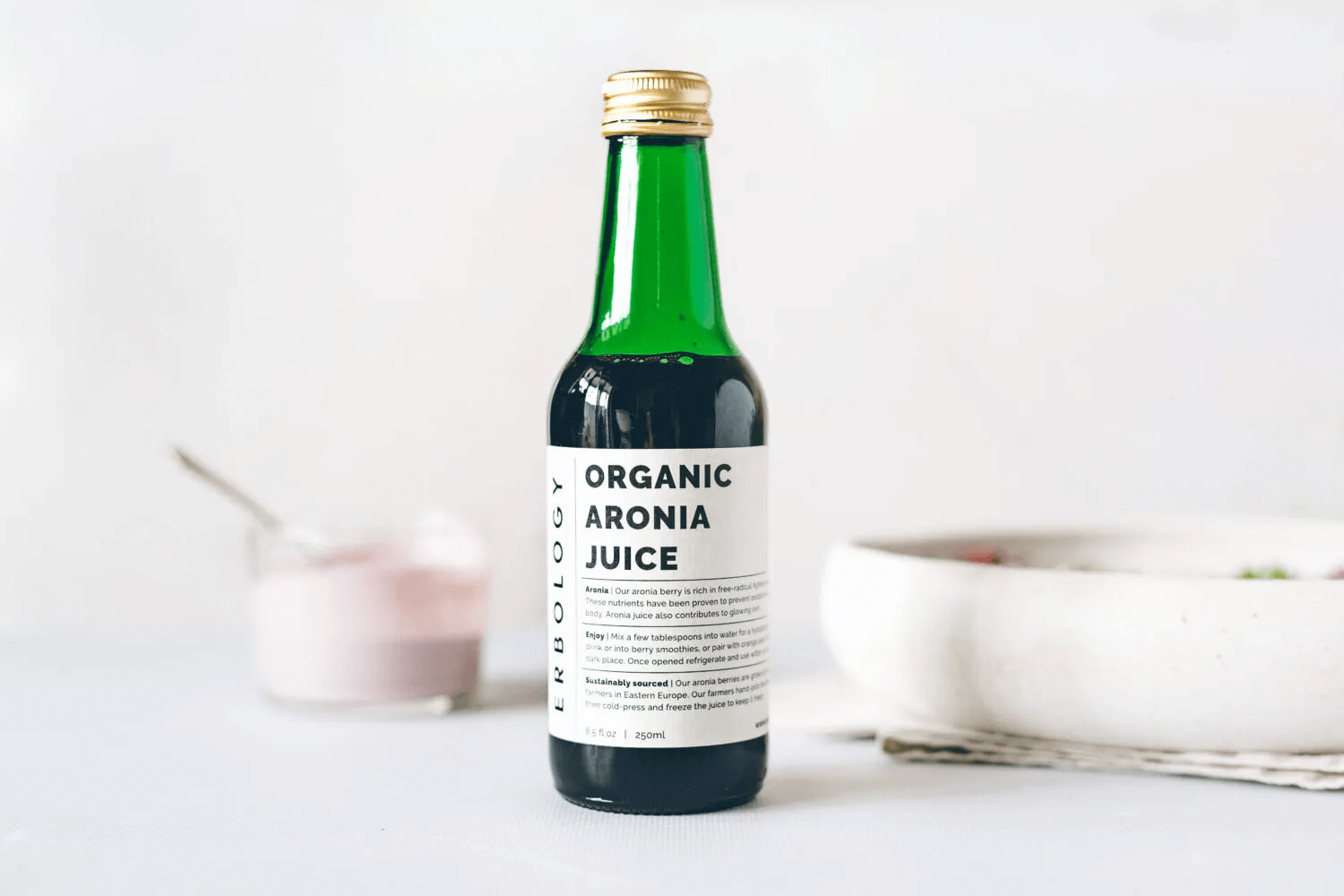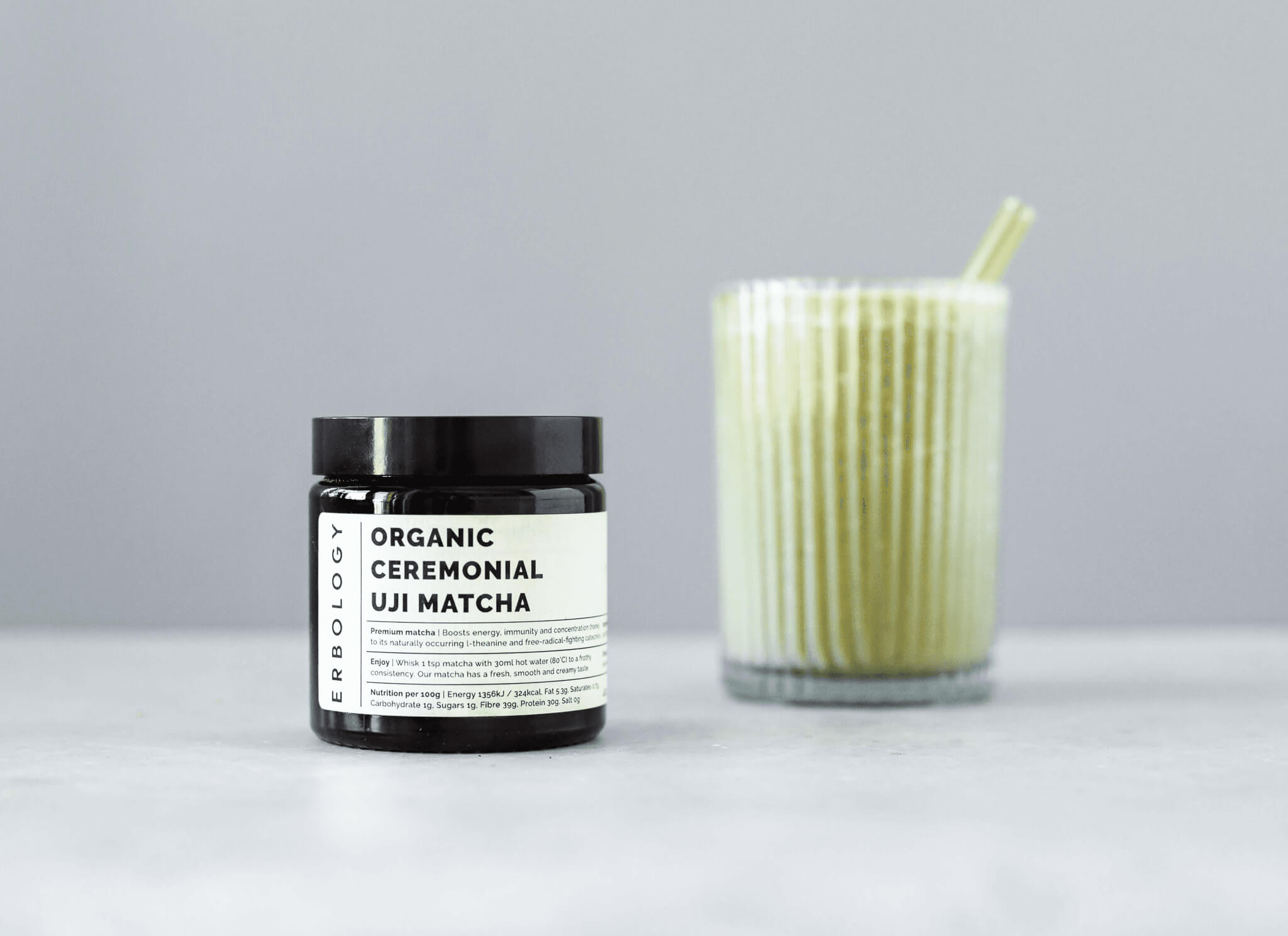01 Feb 2021
What do antioxidants do?
What are antioxidants?
Let’s start with the basics.
The word ‘antioxidant’ represents a whole range of different substances. Many are natural, although some can also be manmade; we even produce some antioxidants naturally in our bodies.
Vitamins A, C and E are all antioxidants.
To be classed as an antioxidant, the substance must be able to help prevent a process called ‘oxidation’.
Oxidation, which we’ll talk about in more depth below, is a process which can damage your cells. It’s happening almost continually in your body.
In effect, antioxidants help to protect your cells and keep them healthy. This in turn presents an enormous range of possible health benefits, including protection from some illnesses.
It makes sense: when your cells are healthy, they’re better able to perform their normal function and less prone to disease.
But what causes oxidation in the first place?
What are free radicals?
Like the term ‘antioxidants’, the term ‘free radicals’ also applies to many different substances. To be classed as a free radical, the substance must:
- Be able to exist on its own
- Have an unpaired electron.
You produce a certain number of free radicals simply due to your cell's normal metabolic processes.
One of the most common types is called ‘reactive oxygen species’, or ‘ROS’. This simply refers to the fact that this particular type of free radical molecule contains oxygen. If you’re reading up on antioxidants, you’ll probably come across ‘ROS’ now and again!
Now, it’s important to say that, at low levels, free radicals aren’t all bad. In fact, you need them to make certain cellular structures and to fight off germs.
Phagocytes, which are a specific type of germ-fighting white blood cell, even make and store free radicals which they can then use to destroy invading pathogens.(1)
However, when there are too many of them in your cells, free radicals can start to cause damage. This is called oxidative stress.
What is oxidative stress?
To stay healthy, your cell needs to maintain a delicate balance; it has to create free radicals during its normal processes, but it also has to neutralise these before they can cause any damage. The cell neutralises free radicals with antioxidants.
When the two are balanced, your cell can go about its normal business without damaging itself.
However, sometimes the balance can tip in favour of free radicals. There simply aren’t enough antioxidants to neutralise the free radicals, and they start to damage your cells.
A build-up of free radicals can be caused by external factors such as pollution, cigarette smoke, UV light, radiation and certain drugs and pesticides.(1)(2)
How do free radicals cause cell damage?
Prepare yourself, because we’re about to dive into some serious science here (albeit heavily simplified!).
As we know, free radicals are unstable because they are missing an electron.
If, in the hazy distance of the past, you can remember high school physics, you will likely remember that electrons like to exist in pairs.
If you split them up, the atom becomes unstable. It wants to find another electron quickly so it can return to a stable state.
Usually, an antioxidant comes along at this point and donates an electron. The antioxidant is stable enough to do this without destabilising itself (this is sometimes called ‘free radical scavenging’).
The free radical gets its missing electron, becomes a stable molecule again, and everyone goes back to work.
Related reading
undefined

Organic Aronia Juice

Organic Sea Buckthorn Juice

Organic Aronia Juice

